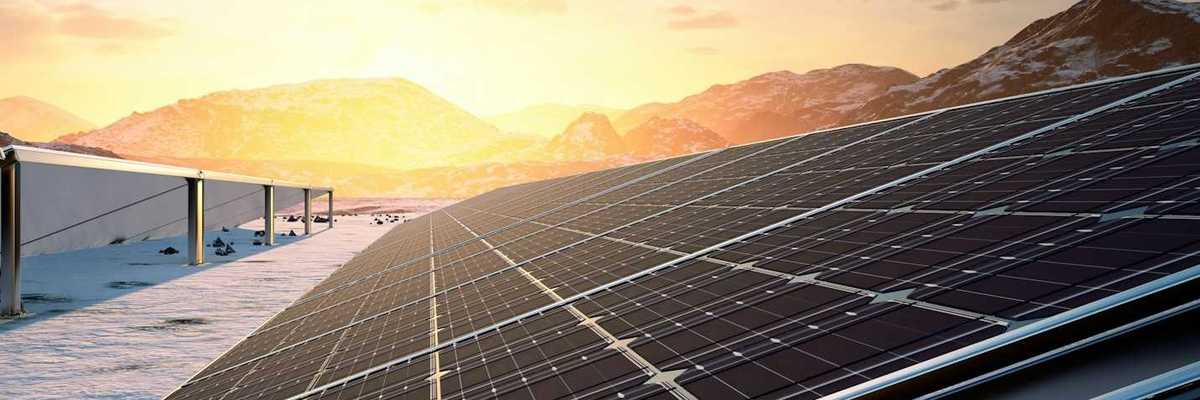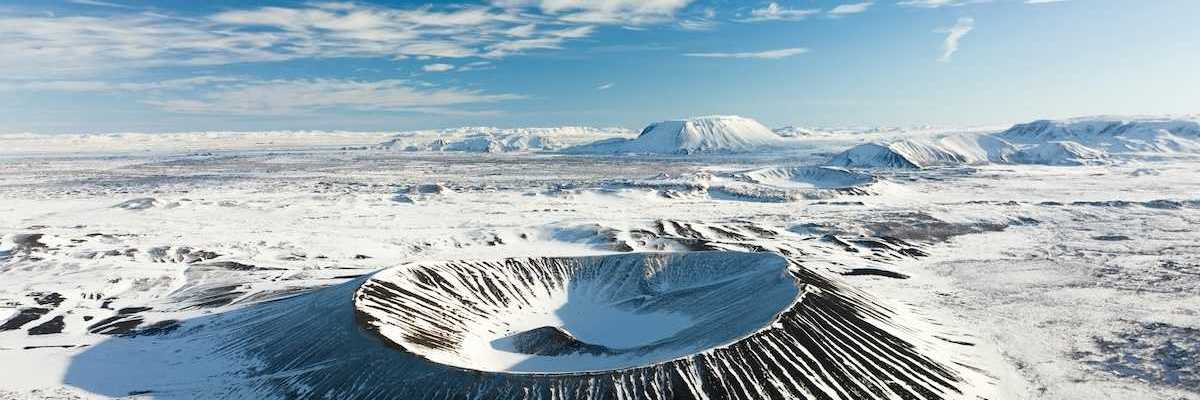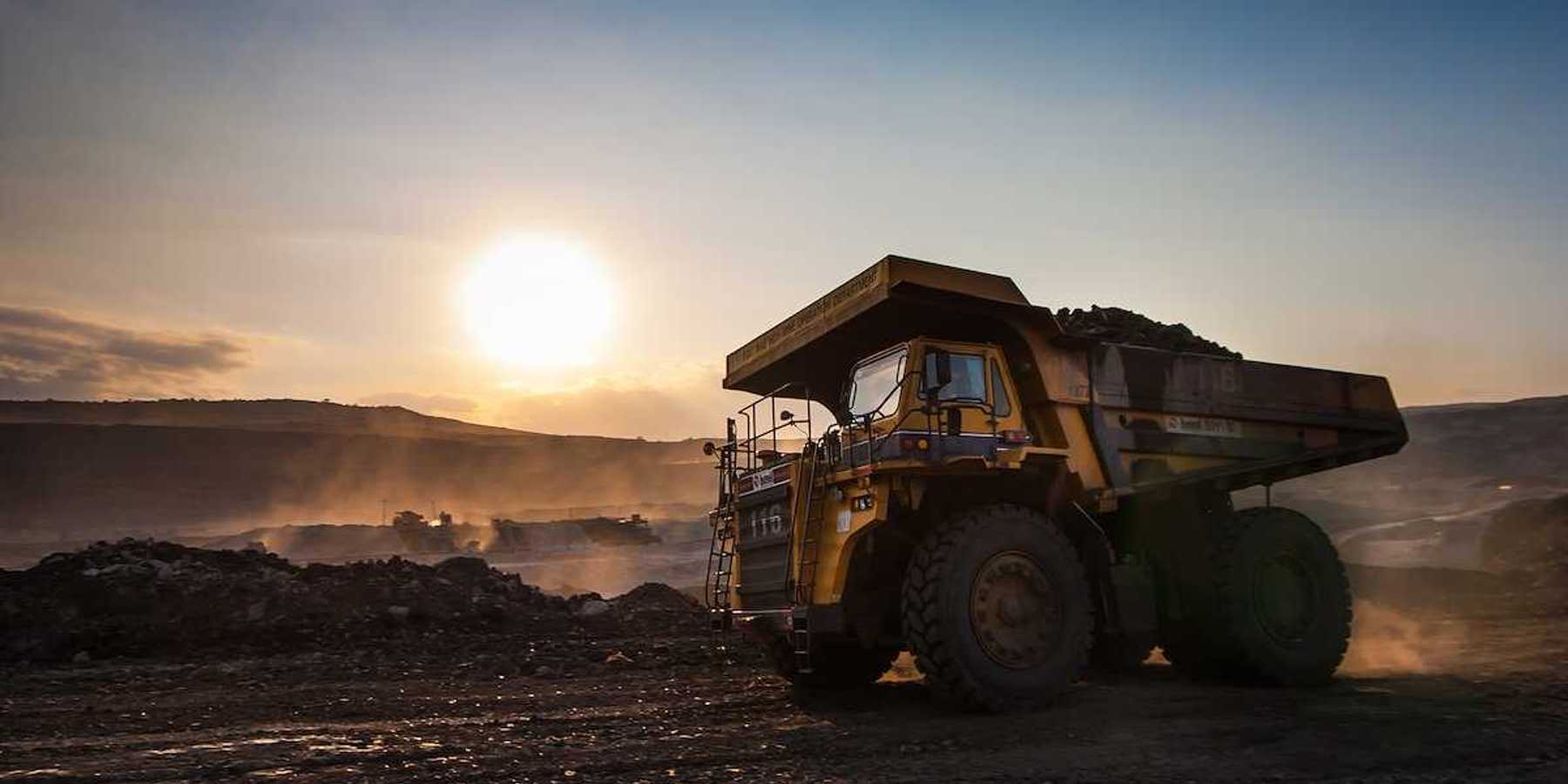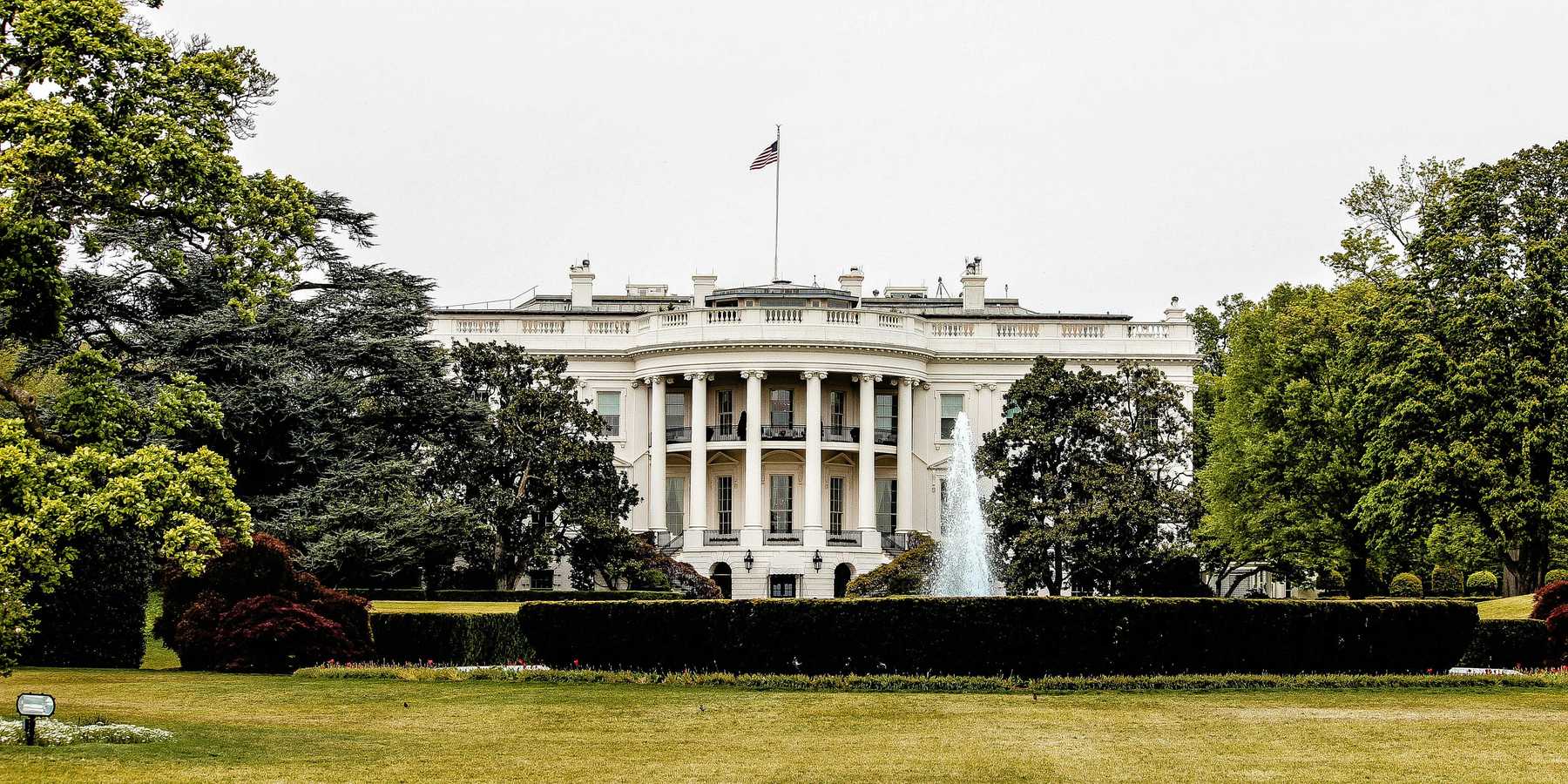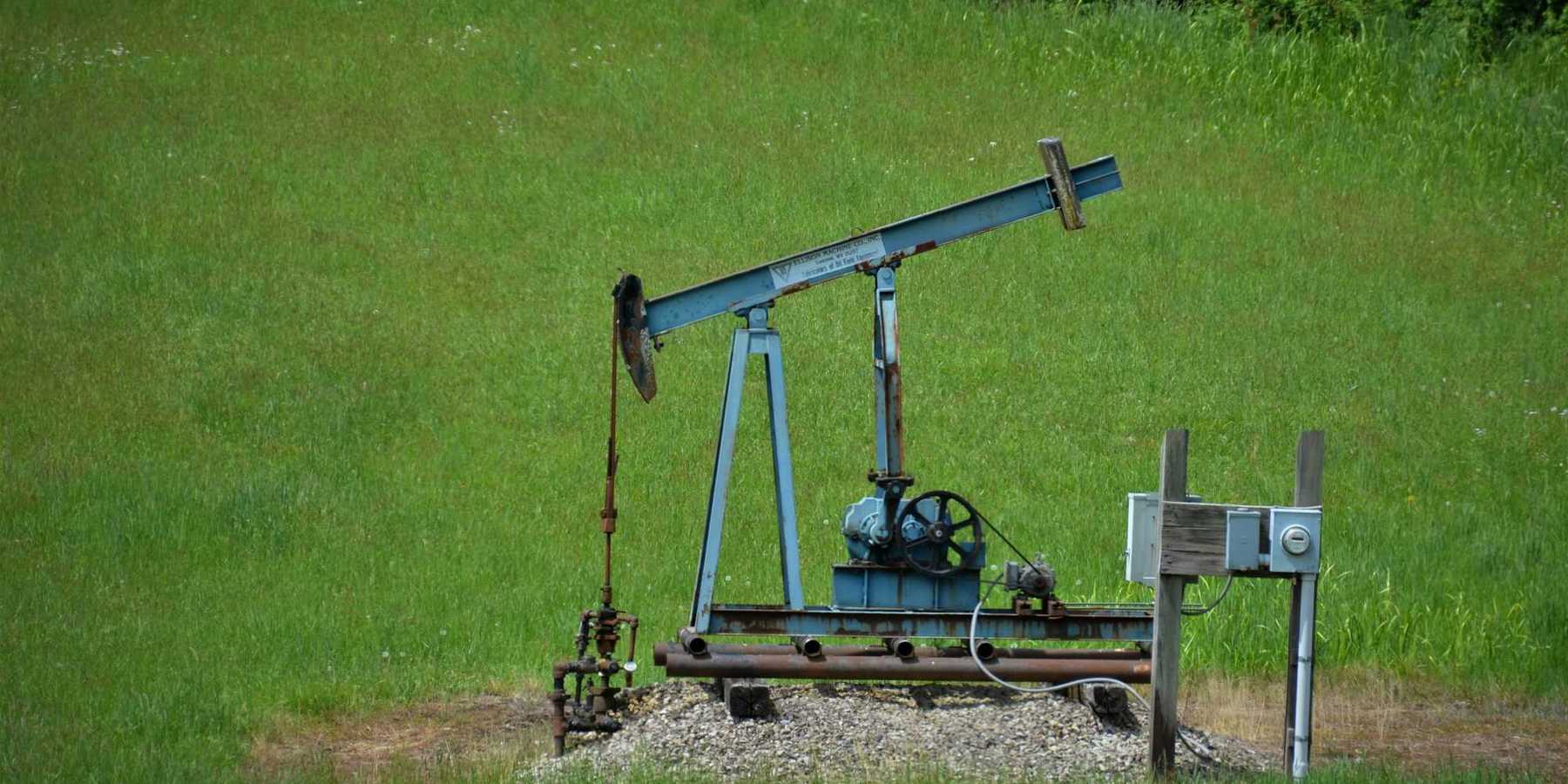tree canopy
Southern Nevada at risk of losing tree shade to extreme heat
Southern Nevada is at risk of losing the few trees it has due to extreme heat, a loss that would only exacerbate how unevenly protective tree shade is distributed across communities in one of the fastest-warming metros in the nation.
In Canada’s coldest city, homes built for warmth are way too hot
In a nutshell:
During this summer of record-setting heat, we've been seeing a lot of reporting on vulnerable populations sweltering, sickening and sometimes dying in stifling apartments or out on the streets. Some cities have resources and support teams in place to cope with extreme heat events and some do not. Winnipeg, the capital and largest city of the Canadian province of Manitoba, tends to invoke images of a parka-clad populace struggling to stay warm through long bitter winters and until recently scant attention has been paid to keeping cool through Winnipeg's short, but ever-hotter, summers.
Key quote:
“There’s an extreme lack of understanding of how closely linked the affordability, health and climate crisis are. People are siloing these issues without recognizing that increased heat means significant health consequences and lack of affordable energy means an affordability crisis.”
Big picture:
It doesn't have to be 100 degrees F to threaten lives. In one of Canada's coldest cities, in a province famous for a large concentration of polar bears, overheating is not something that immediately comes to mind, but a brutal mid-June heat wave laid bare Winnipeg's problems of old, energy-inefficient buildings, deficient tree canopy and insufficient infrastructure. Many solutions for keeping cool, such as heat pumps or air conditioning or even a simple electric fan are a financial stretch for vulnerable populations.
Read the full story in The Narwhal
New York, LA, Chicago and Houston, the nation’s four largest cities, are among those hardest hit by heat islands
A new study of heat exposure disparities also puts Chicago among the cities with the largest share of people living in heat islands that are as much as 12 degrees hotter than the cities’ baseline temperatures.
How climate change could affect which trees grow near you
Can AI track wetlands better than people?
The jury is still out over whether we trust artificial intelligence with journalism and art. But, in the right hands, the technology could help the Chesapeake Bay region do something.



